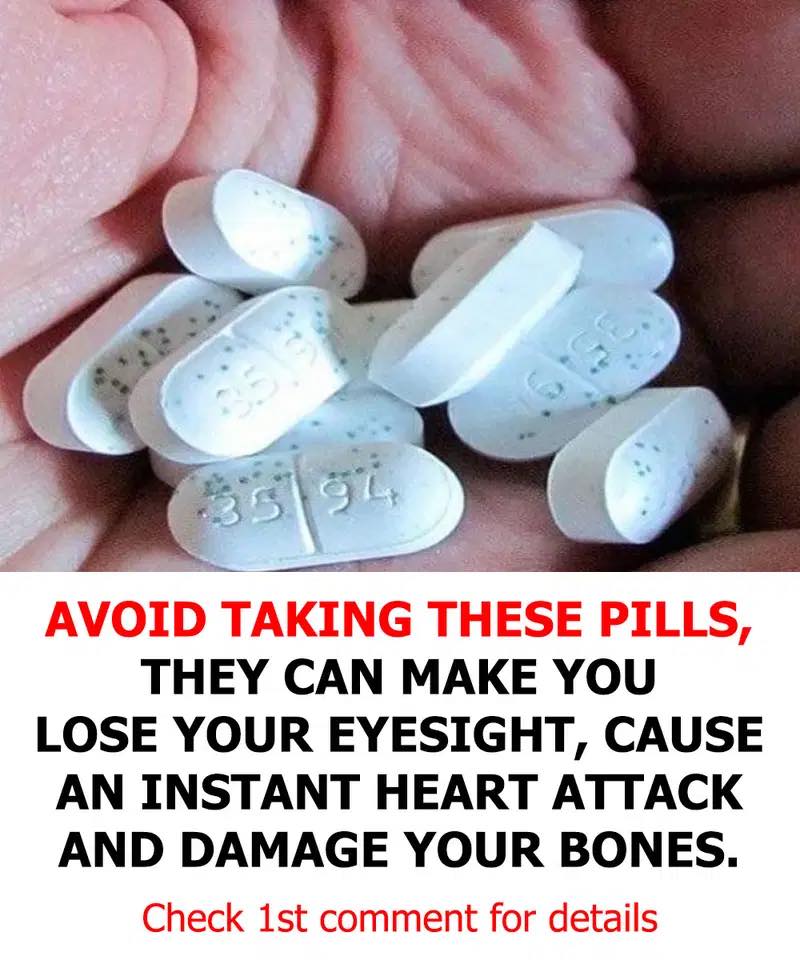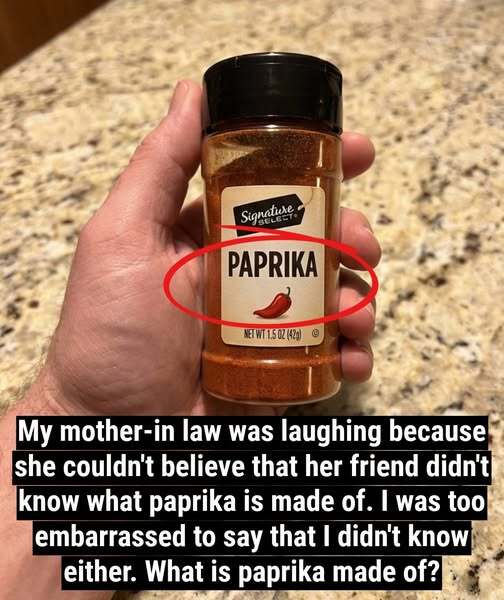ALERT! THESE PILLS CAN CAUSE THROMBI, CLOTS AND A HEART ATTACK
Recently, several medications have been withdrawn from pharmacies and healthcare systems worldwide due to serious cardiovascular risks. Health authorities warn of a potential link between certain drugs and life-threatening conditions such as blood clots (thrombi), embolisms, and heart attacks. Patients and healthcare providers are urged to stay informed and exercise caution.
**What Are Thrombi and Why Are They Dangerous?**
Thrombi are blood clots that form inside veins or arteries. While clotting normally prevents excessive bleeding, abnormal clots can block blood flow to vital organs, leading to severe problems such as pulmonary embolism (lung clot), stroke (brain clot), heart attack (coronary artery clot), and deep vein thrombosis (DVT). Even a single clot can be fatal by cutting off oxygen and nutrients to critical body parts.
**Medications Under Scrutiny**
Medications linked to increased clotting risks include:
* Certain hormonal contraceptives (especially some third-generation birth control pills)
* Some anti-inflammatory drugs
* Specific diet pills or appetite suppressants
* Rare cases involving certain COVID-19 therapies and vaccines
Regulatory agencies like the FDA (U.S.), EMA (Europe), and others have suspended or withdrawn these drugs, particularly warning individuals with pre-existing conditions such as high blood pressure, obesity, diabetes, smoking history, or genetic clotting disorders.
**Symptoms to Watch For**
Seek immediate medical help if you experience sudden chest pain, shortness of breath, unexplained limb swelling, severe headache or vision changes, or irregular heartbeat.
**What You Should Do**
Do not stop any medication without consulting your doctor. Contact healthcare providers to discuss alternatives and stay updated via trusted health sources. Reporting side effects to national health authorities is vital for public safety. Your awareness and vigilance could save lives.






Post Comment